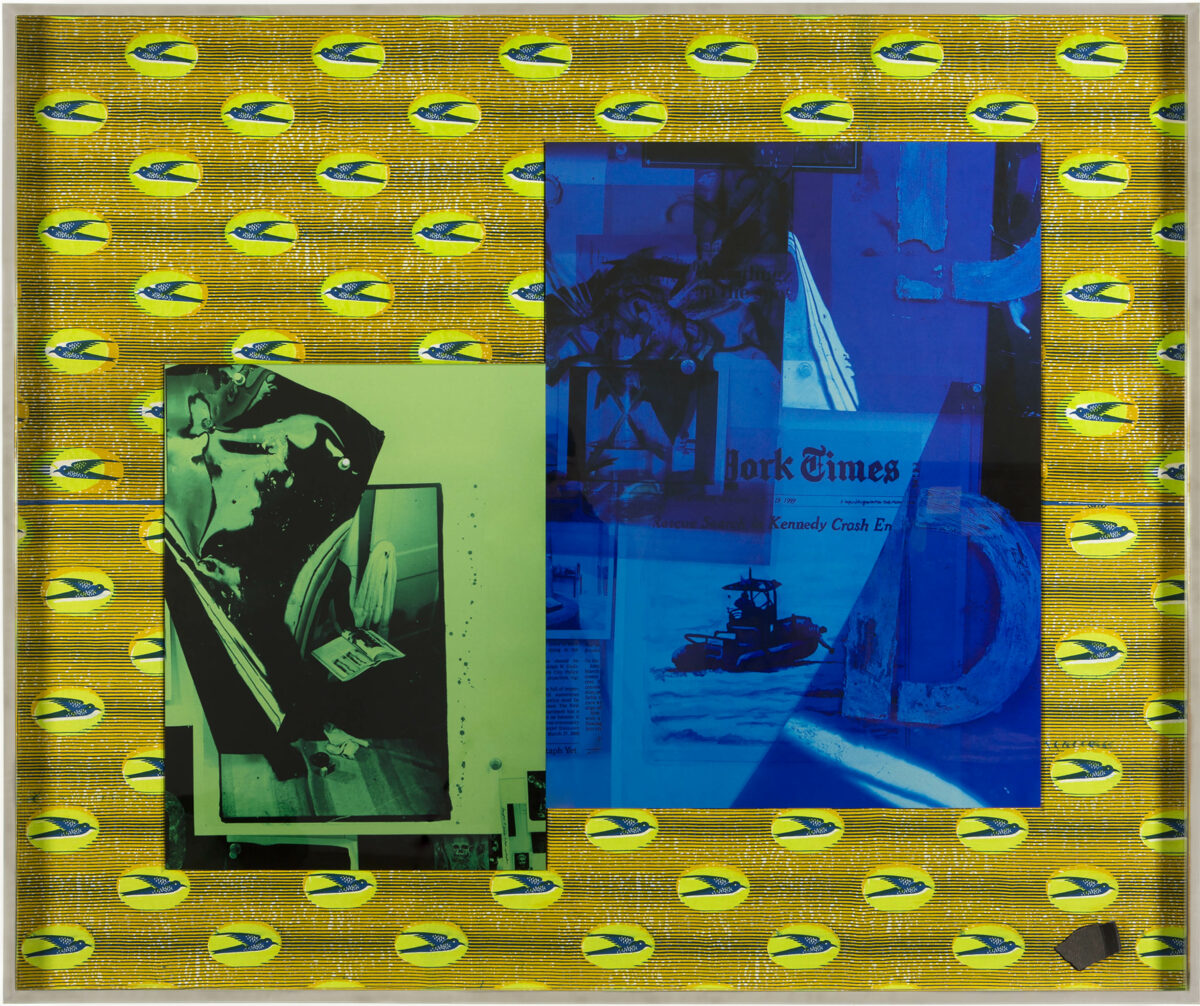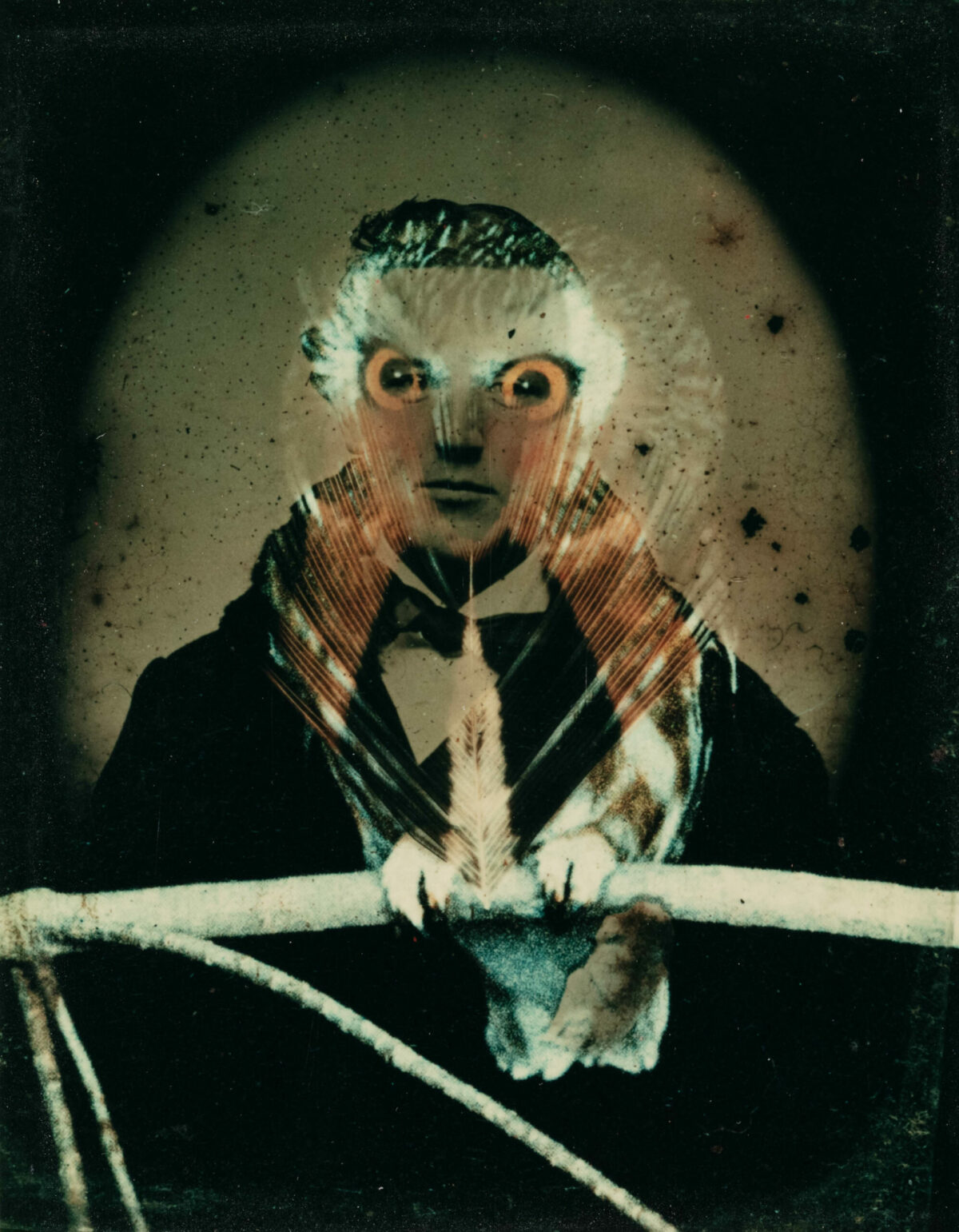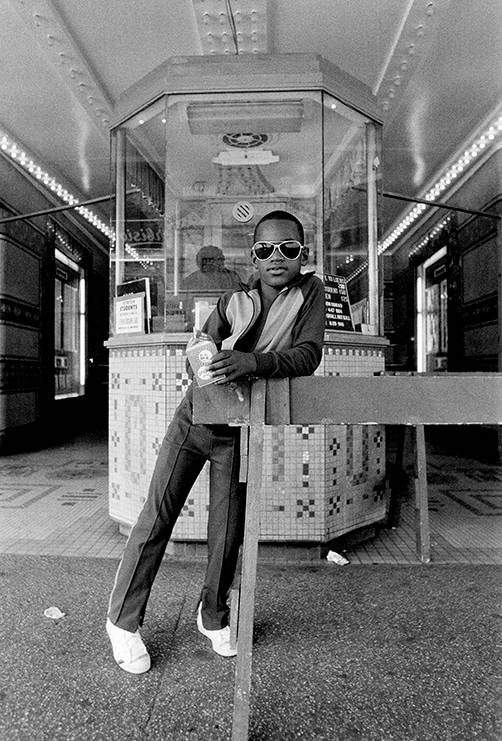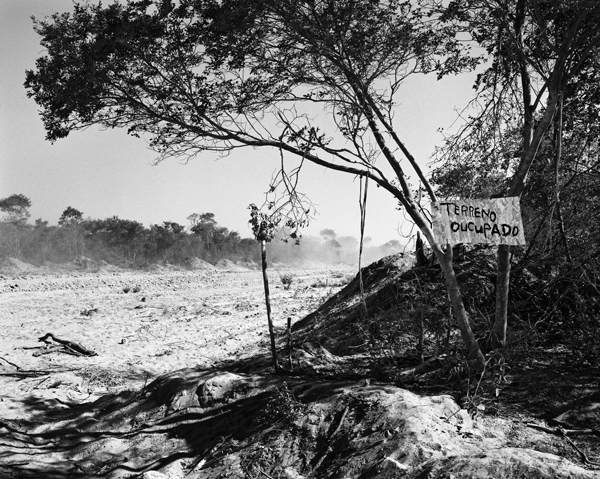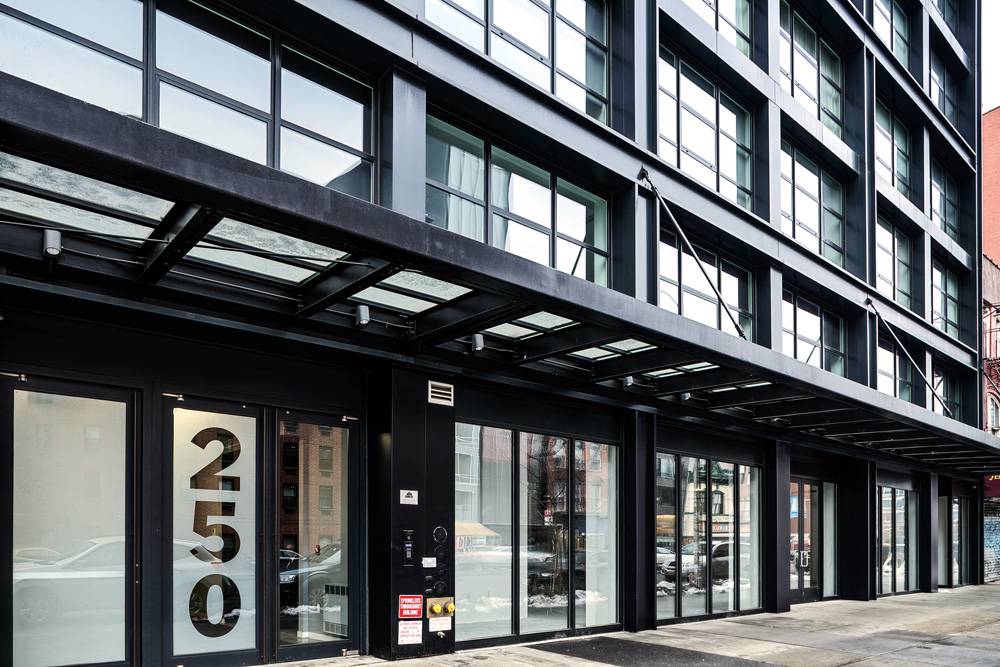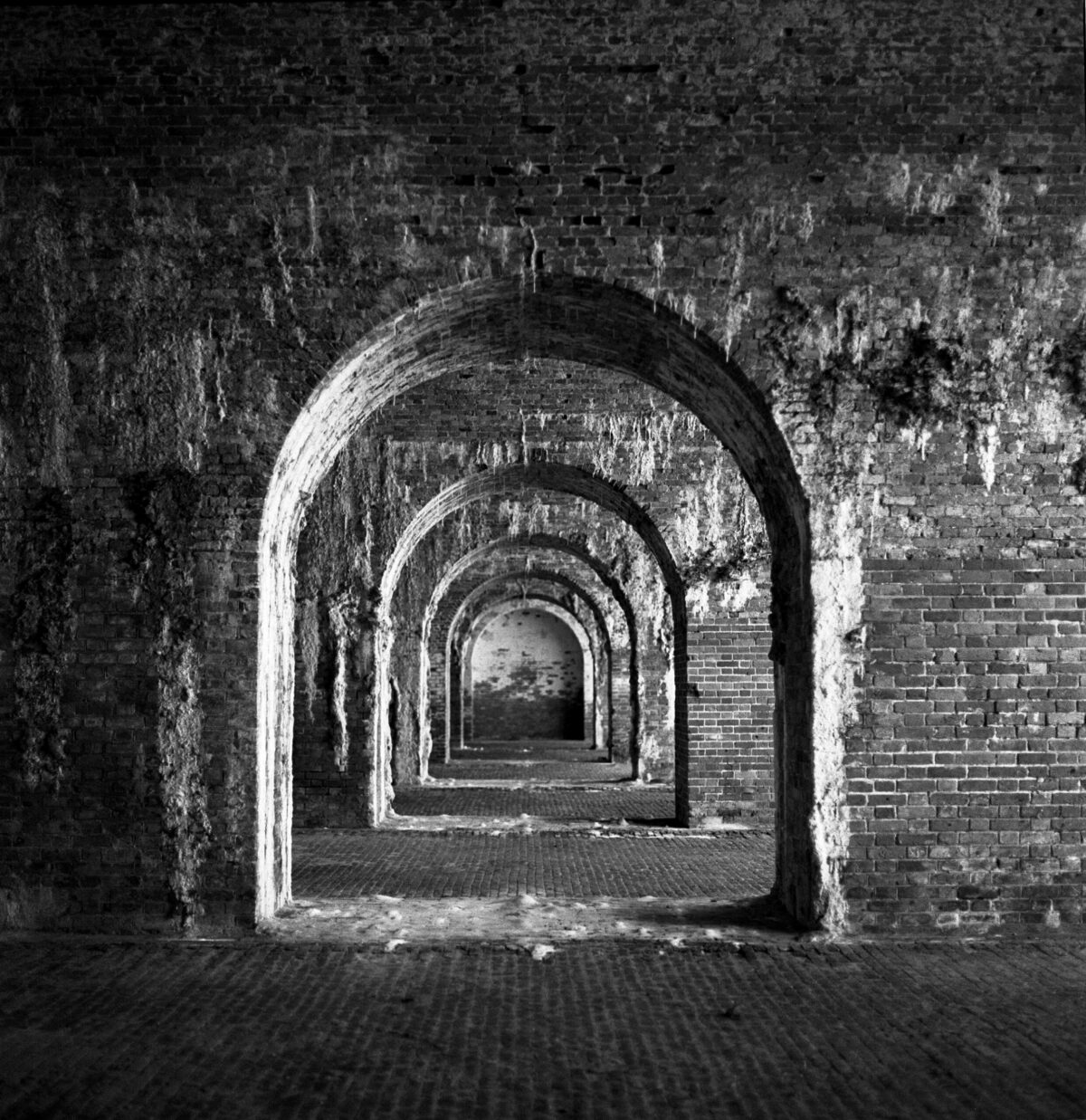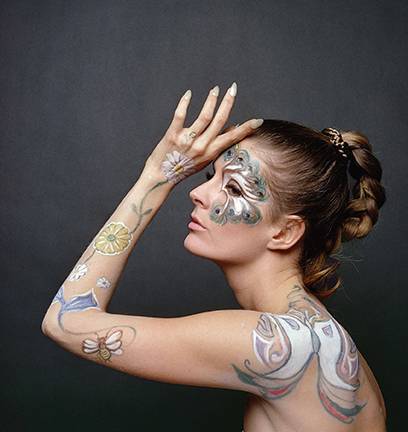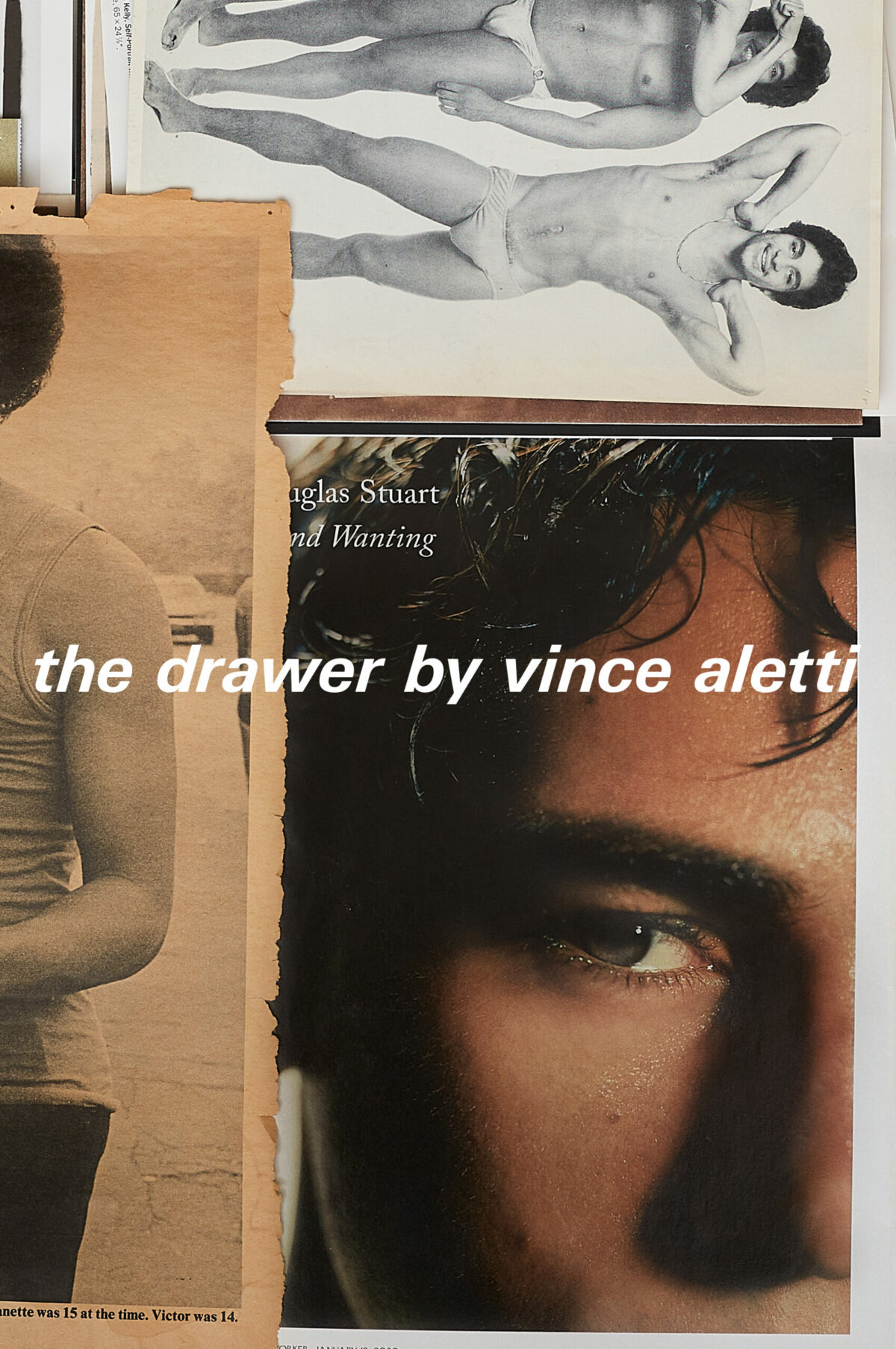We asked Lyle Ashton Harris to tell us about a picture that means something to him, and why. His work is included in Art After Stonewall: 1969-1989 at the Grey Art Gallery through July 20, which coincides with the 50th anniversary of the Stonewall Uprisings.
Diary Entry, Sunday, March 17, 2019
It’s early in the morning. I’ve been wracking my brain. Was it the late 1990s or early 2000s? I believe it was before my fellowship at the American Academy of Rome…My grandfather had recently died, and I’d retreated to my family home in the Bronx to get sober. I was depleted and things could have turned out very differently. My South African step-father was in the final stages of alcoholism and I was one of the caretakers of my grandmother. It was springtime and I was broken but filled with hope.
Okwui, who I met through his former boarding-school classmate Iké Udé, never judged me. I know that my transgressions often ruffled his postcolonial institutional stately stature, but there was a knowingness in this giant. He was magisterial, complicated, brilliant, contradictory, and brutal at times, yet with a kindness. He gently beckoned me to rejoin the metropolis. Although I needed to take it one day at a time, he had planted a seed in me.
For the last few days his image and that of psychoanalyst and philosopher Frantz Fanon have been fluttering in my head. In a time of neo-fascism, it’s so urgent to recall Okwui, who gave us the space and agency to knock down, or de-center, an atavistic reimagining of white supremacy. There have been many who have pushed my horizon – Mother, Aggie, Greg, bell, Marlon, Essex, Rob, Nancy, Chuck, Jacqui, Clarence, Sarah, Miyoung, Deb, Senam, Iké, Tommy, Alex, Thomas, Bob, Shirley, John, Renee, Coco, and others, too many to list – but it was Okwui’s willingness to intercede at that moment for which I will be eternally grateful.


